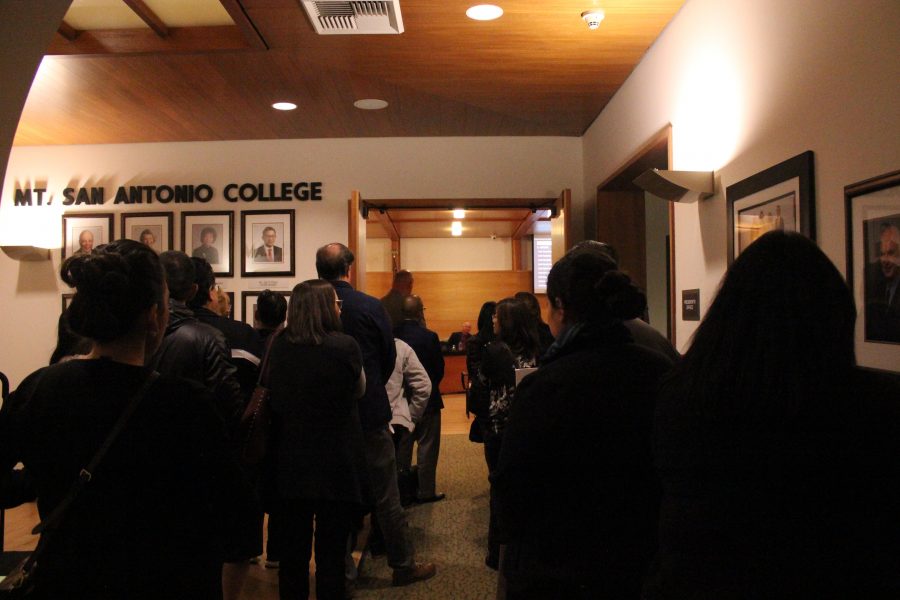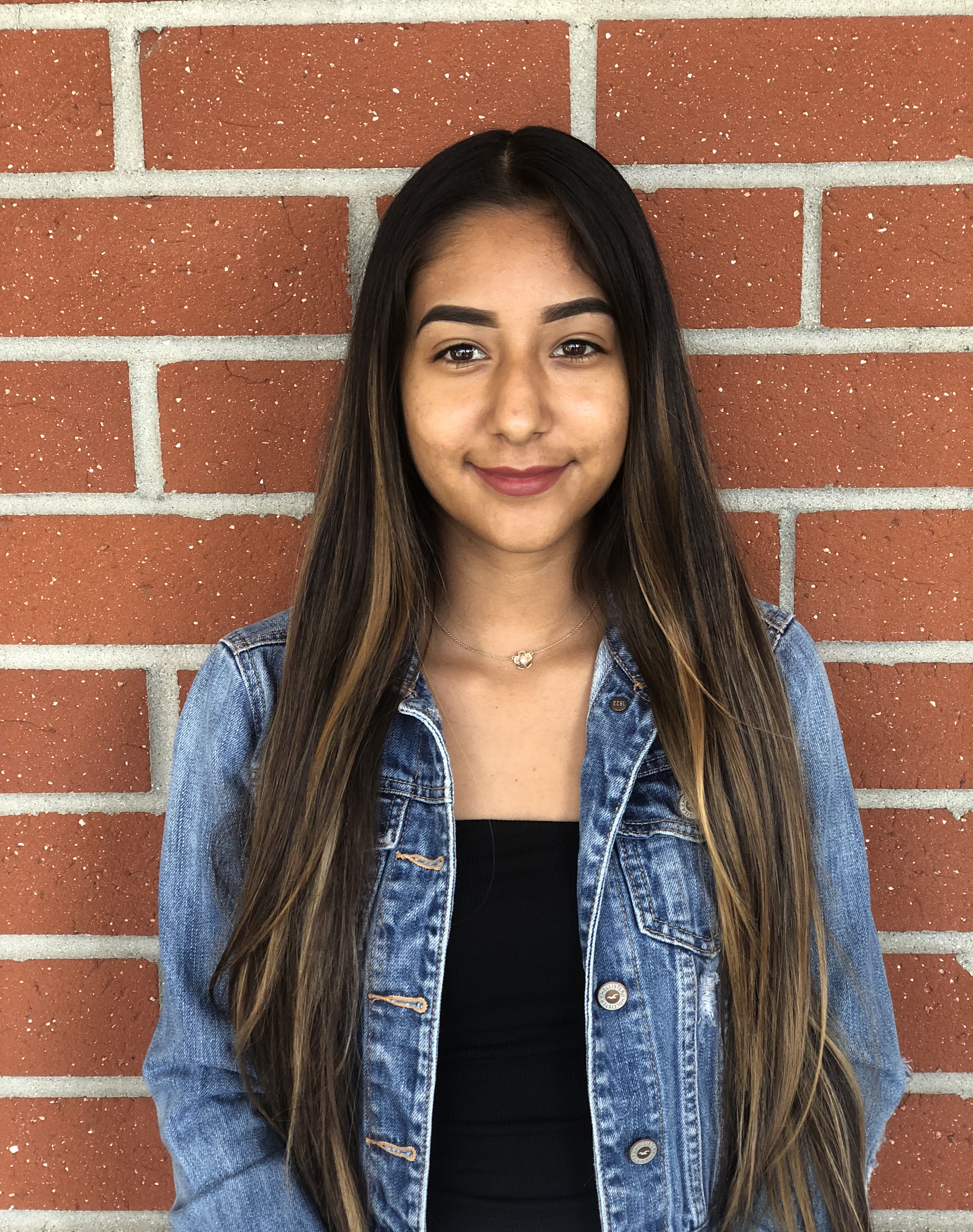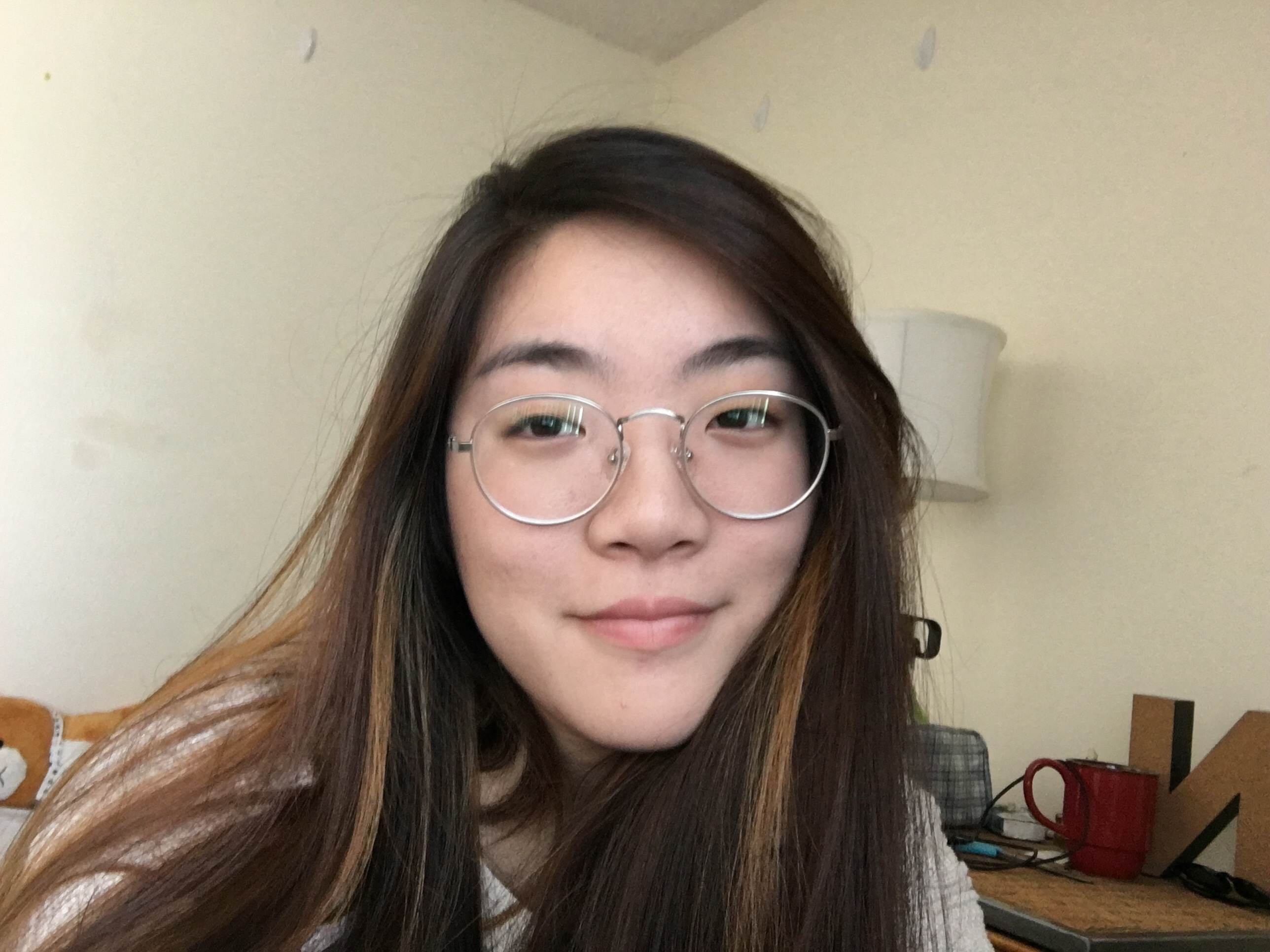Applause and cheers filled the Board of Trustees at the Nov. 14 meeting.
Faculty had previously told the board how disappointed they were at the last meeting. This time they were back with specific demands, and students even joined them.
Mathematics professor Deborah Rivers repeated one phrase to the board.
“We want equity,” Rivers said.
She repeated this three times to roaring applause from both students and faculty.
English faculty Tamara Horton further explained what faculty means by equity in her lengthy public comment. She outlined faculty demands as follows:
“First, review the 2017 medical benefits survey of Los Angeles County community colleges. Surrounding districts contribute more than double the amount of money towards employee health care benefits compared to Mt. SAC. While Mt. SAC currently contributes just over $12,000 for full time faculty, the average pay by surrounding districts is closer to $26,000.
Second, review your own board resolutions passed on June 27 of this year. For the first time ever in the history of our relationship with CalPERS, a dollar cap has been established for employee groups, one that may eventually mean that the district’s contribution to our health care benefits will not even cover the employee. Meanwhile, those same resolutions guarantee that the president, the vice president, and you, the board of trustees members, full coverage for not just yourselves, but also your families at district expense.
Third, review the recently ratified CSEA 262 agreement. Note that the district has now taken salary increases to its demand bargaining units agree to leave CalPERS thereby foregoing the pent up protections it provides, namely guarantee of health care benefits in retirement.
After you review these documents, you will surely understand the exasperation the faculty feel. I urge you to direct the district to offer a sizeable increase to the health care contribution at upcoming negotiations, one that is not contingent upon leaving CalPERS.”
As she spoke, over 25 faculty members gathered behind her in support with their signs. Her comments were followed by loud cheers, applause, and hollering by several in the room.
Following that comment, English, Literature and Journalism Department Chair Gary Enke broke the healthcare situation into a personal anecdote to humanize the request.
Enke brought in a visual aide, his medicine, which he said was valued at $9,000 on the market but is $40 with his current coverage.
He said that the medication is the reason he was able to speak at the meeting, and he added that the medicine would cost him $30,000 a year if he were not be covered.
Enke also spoke on the lack of specific information provided to the faculty about the plan, and said he does not know how things will change. Most information provided about the potential healthcare switch was provided in a forum on healthcare in the spring semester.
Enke, who has been with the college for 30 years, is considering retiring in five or seven years and has said he is concerned that his retirement benefits may go away in the move.
Enke also asked for three things in his comment:
“First of all, that you as board members make an absolute commitment to the lifetime medical benefits of your hardworking faculty.
Secondly, that as we move ahead in discussion about whether or not we are going to leave PERS, that there be absolute transparency in the discussions, and that we be provided with every detail we need to make an informed choice.
Finally, third, that we not rush. This is such a hugely monumental decision for us, for the managers, for the classified, for you, that we have the time to make an informed decision, one that we can own, and one that we can all support.”
His comments were met with another large applause among cheering and whistles.
On the student side, history professor April Tellez, who had previously taken her entire class to an Associated Students meeting to advocate for the fountain, joined public comment.
Tellez said her students’ activism was amazing before her students made their own requests. Tellez applauded her students for their advocacy where they pushed for the continued maintenance of the Indigenous People’s Fountain, the implementation of a social justice studies degree and the creation of a Latinx center.
Regarding the center, Tellez added that students have told her that her classroom is the only place they feel safe on campus.
Five students, including Sergio Narvaez, Yinell Osorio, and Pedro Mariano Gonzalez of MEChA, then took to public comment to advocate further for the fountain, degree and center.
The students repeated several times that the inclusion of a Latinx/Chicanx center on campus would be important to help students find academic success.
Fabian Pavon, a former Mt. SAC student now attending UC Santa Barbara, cited institutionalized racism as a reason for low Latinx/Chicanx degree attainments.
Pavon said that if Mt. SAC recognizes this institutionalized racism and does not do anything to impact it, then that inaction “in of itself is racist.”
Another student bluntly summarized all concerns simply and effectively in his public comment.
“We still don’t have shit, but you guys can change that,” Francisco “Javier” Osuna said.





